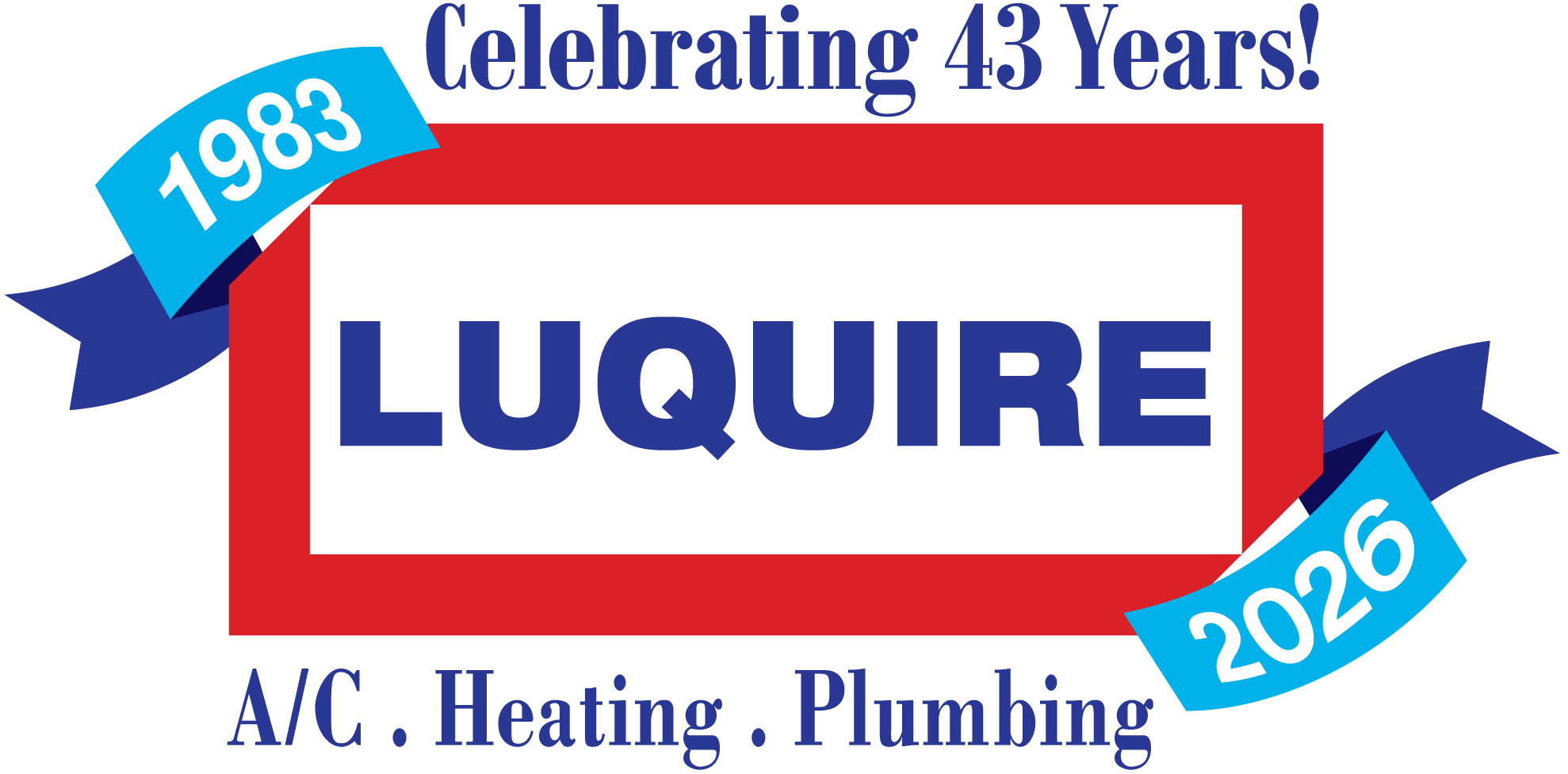The weather is starting to heat up. You don’t want to wait until you need your air conditioner to find out it isn’t up to the task of keeping your Opelika, AL, home cool. Here are some common spring and summertime problems you may avoid with proper HVAC maintenance:
Dirty Filter or Drain Line
Your filter does more than protect the quality of the air in your home. It also ensures proper airflow through your system to ensure it functions properly. Clogged filters put extra strain on your HVAC system’s fan and other components.
The moisture that air conditioners remove from the air routes through a drain line to remove it from your home. Algae can grow in the line, causing a clog that backs water up. If the problem isn’t fixed quickly, it can develop into a leak that may cause water damage to your home.
Tripped Circuit Breaker
Sometimes when the air conditioning unit is first turned on in the spring, it can cause the circuit breaker to trip. If this is the case, you can safely reset the breaker and enjoy your air conditioning. If the breaker won’t reset or keeps tripping, there’s an electrical problem that requires a professional air conditioning repair call to resolve the issue.
Dirty Coils
The evaporator coil is inside your home. It evaporates liquid refrigerant to draw heat from the air that the fan blows across the coil. Dirty coils reduce airflow, leading to a less efficient system and affecting comfort within the home.
The condenser coil sets outside the home. The condenser coil’s job is to pull hot evaporated refrigerant gas from the evaporator coil to cool it and return it to a liquid state. Much like the evaporator coil, a dirty condenser coil reduces airflow, reducing the efficiency of the entire system.
Thermostat Issues
Several thermostat issues may affect your air conditioner as the weather changes. A broken thermostat may be the cause if your air conditioner won’t power up. A broken thermostat means it’s time to replace your current unit.
Other common thermostat items include improper thermostat placement, improper settings and drained batteries. If you have checked these items and still appear to have a thermostat issue, it’s time to call in the pros for HVAC maintenance or repairs.
Leaking Refrigerant
Air conditioner systems function as sealed systems. If yours has a leak anywhere in the system, it’ll lose refrigerant. As it does so, the system’s ability to transfer heat will become compromised.
If your system is leaking refrigerant, your coils may freeze up, and your compressor could become damaged. Refrigerant leaks are also harmful to the environment as refrigerant is a greenhouse gas. If you suspect a refrigerant leak, you should call immediately for an air conditioning repair call.
Faulty Contactor
The contactor is an electromechanical switch inside the air conditioning unit. Occasionally, the silver coating may wear off, causing the contactor to stick. A stuck contactor will cause the unit to run continuously, adding significant cost to your utility bills.
Sometimes ants or other insects can get smashed between the contactor points, not allowing them to close so the air conditioning unit will work. Contactors may also fail electrically in either the stuck or open position. A quality spring HVAC maintenance program will check the contactor as a part of the service.
Duct Leaks
Duct leaks reduce system airflow and overall system efficiency, costing you more money to do a worse job of cooling your home. Sealing ductwork leaks will ensure air is flowing correctly through your system, delivering conditioned air where it should go.
The spring and summer heat is about to test your air conditioning system. If you worry about whether it’s up to the task, call us at Air Conditioning by Luquire to discuss a preventative HVAC maintenance plan.
Image provided by iStock


